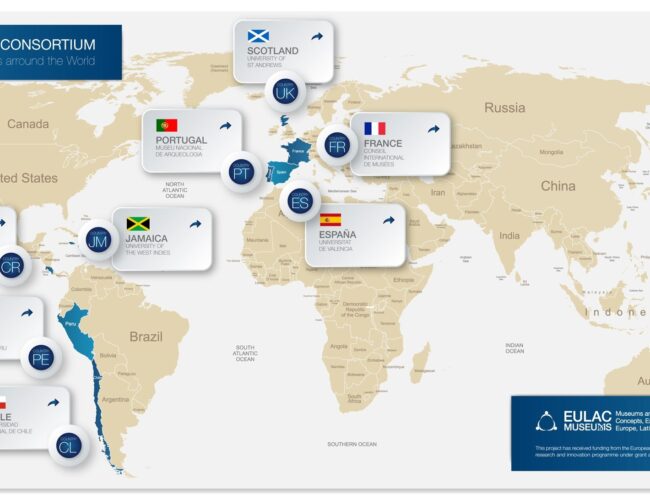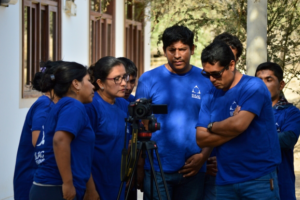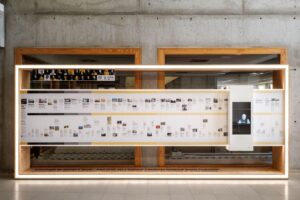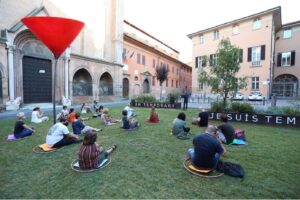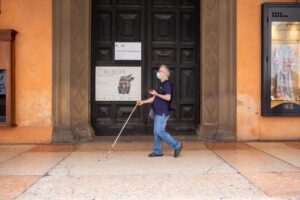EU-LAC Museums
EU-LAC-MUSEUMS seeks to carry out out a comparative analysis of small to medium-sized rural museums and their communities in the EU and LAC regions, and to develop associated history and theory. The basis of the project is that community museums in Latin American and Caribbean countries in particular allow under-represented communities to stake a place in history, as well as contributing to environmental sustainability and community empowerment.
| Museums hold an unequalled responsibility to communicate the shared history and “cultural, political and economic ties” between Europe, Latin America and the Caribbean. Museums have enormous capacity to reach all levels of community, from towns to remote villages, and can be neutral spaces for building social cohesion and reconciliation in a variety of contexts. By focusing on the theme of Museums and Community: Concepts, Experiences, and Sustainability in Europe, Latin America and the Caribbean, EU-LAC-MUSEUMS will create a common vision for sustainable, small to medium-sized local and regional museums and their communities, and reinforce mutual understanding and cooperation between regions. Museum research stands out from other areas of social, scientific and cultural EU-LAC investigation by its natural engagement with the EU-CELAC themes, and project partners are international museum experts wishing to pursue this bi-regional research and exchange knowledge. Overcoming societal challenges as they relate to our museums and their communities, through the mediation of ICOM networks and museum leaders we will create parity of esteem and sustainable dialogue in order to research our tangible and intangible heritage, and share it with the world. Our plan of action falls into the following four areas of EU-CELAC enquiry: a) Technology and Innovation for Bi-Regional Integration b) Museums for Social Inclusion and Cohesion c) Fostering Sustainable Community Museums d) Exhibiting Migration and Gender |
Project Details
Location: Caribbean, South America, Europe, Americas
Organiser(s):
University of St Andrews
Project partner(s): International Council of Museums (ICOM)
National Museum of Archaeology, Portugal
University of the West Indies, Barbados, Trinidad and Tobago
University of Austral
National Museum of Costa Rica
University of Valencia
Pontifical Catholic University of Peru
Funder(s):
European Union's Horizon 2020 Research and Innovation Fund
Funding received: £2,200,000
Commencement Date: 08/2012
Project Status: Active
Project owner? Update this project
